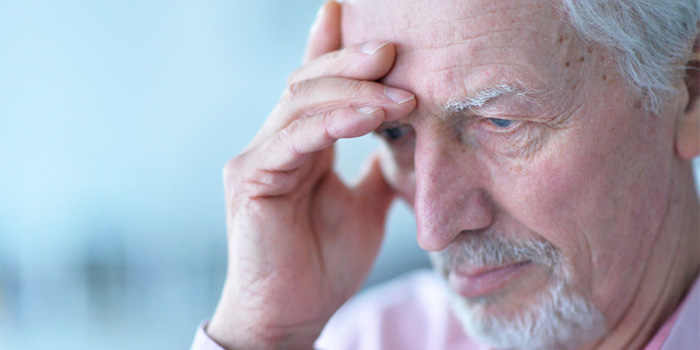Andropause refers to the age-related decrease in testosterone in men. There are various terms used to refer to this natural decline, including late-onset male hypogonadism, reverse puberty, androgen deficiency, low T, male menopause and testosterone deficiency, but each one refers to the same hormonal phenomenon.
Andropause Symptoms
Andropause is a condition that affects some men as they age. Testosterone is a hormone that plays a key role in many aspects of male health and well-being, such as sexual function, muscle mass, bone density, mood, and energy.
Andropause can cause various symptoms, such as:
- Loss of muscle mass and strength
- Increased body fat, especially around the abdomen
- Decreased bone density and risk of osteoporosis
- Reduced libido or sexual desire
- Erectile dysfunction or difficulty maintaining an erection
- Fatigue and low energy levels
- Mood swings, irritability, depression, or anxiety
- Sleep problems, such as insomnia or sleep apnea
- Reduced hair growth or baldness
- Hot flashes and sweating
While not all men experience andropause or the same severity of symptoms, some factors that may influence the onset and progression of andropause include genetics, lifestyle, diet, stress, chronic diseases, medications, and environmental toxins
Andropause can have a negative impact on the quality of life and health of senior men. It can affect their self-esteem, confidence, relationships, work performance, and mental health. It can also increase the risk of developing certain conditions, such as cardiovascular disease, diabetes, obesity, metabolic syndrome, Alzheimer’s disease, and prostate cancer.
While male menopause is tangentially similar to female menopause in some ways, it is actually quite different. The hormonal effects of aging in males occurs relatively slowly over many years. Testosterone levels peak in adolescence and early adulthood but then decline about one percent each year. Some men experience relatively minor symptoms while others undergo significant changes that may interfere with their quality of life.
The Stigma of “Male Menopause” aka Andropause
Andropause, often called “male menopause” can be a very sensitive topic for many men. Even the Greek roots of the term are emasculating based on “andr-” and “pausis” mean “man” and “discontinuance” respectively. This triggers the question, how can a man stop being a man?
Men don’t talk about that unless they’re in a men-only situation like the locker room or barbershop busting each others’ chops. The only permission men have had to talk about something like this has been through taunting and teasing other men. Men cannot acknowledge a ‘weakness’ of this sort without compromising (perceived) manhood.
Dealing with Andropause
There are some ways to cope with andropause and minimize the symptoms. Some of the possible options are:
Testosterone Replacement Therapy (TRT)
This is a treatment that involves taking synthetic testosterone to restore the normal levels of the hormone in the body. TRT can help improve sexual function, mood, energy, muscle mass, bone density, and cognitive function in men with low testosterone. However, TRT also has some potential side effects and risks, such as acne, fluid retention, liver problems, blood clots, prostate enlargement, prostate cancer, and heart problems. Therefore, TRT should only be prescribed by a doctor after a thorough evaluation and monitoring.
Lifestyle Changes
These include adopting a healthy diet that is rich in protein, fiber, antioxidants, vitamins, minerals, and healthy fats; avoiding processed foods, sugar, alcohol, caffeine, and tobacco; exercising regularly to maintain muscle mass, strength, endurance, flexibility, and balance; managing stress through relaxation techniques such as meditation, yoga, breathing exercises; getting enough sleep and following a regular sleep schedule; engaging in social activities and hobbies that bring joy and satisfaction; seeking professional help for mental health issues such as depression or anxiety.
Natural Remedies
These include taking supplements or herbs that may help boost testosterone levels or reduce the symptoms of andropause. Some examples are zinc, magnesium and vitamin D3. However, these remedies may have variable quality and efficacy. They may also interact with other medications or cause allergic reactions. Therefore, they should be used with caution and under the guidance of a doctor or a qualified herbalist.
Andropause is a natural part of aging for some men that can affect their physical and emotional well-being. However, it is not a hopeless condition that has to be endured. By seeking medical advice and making some positive lifestyle changes and habits, senior men can overcome the challenges of andropause and enjoy a fulfilling and healthy life.

